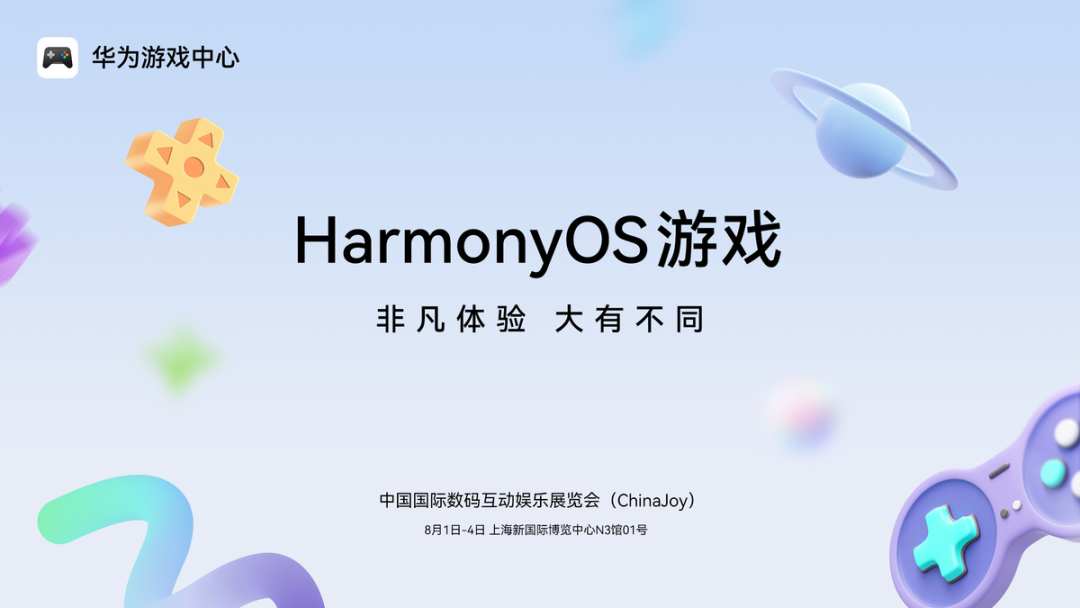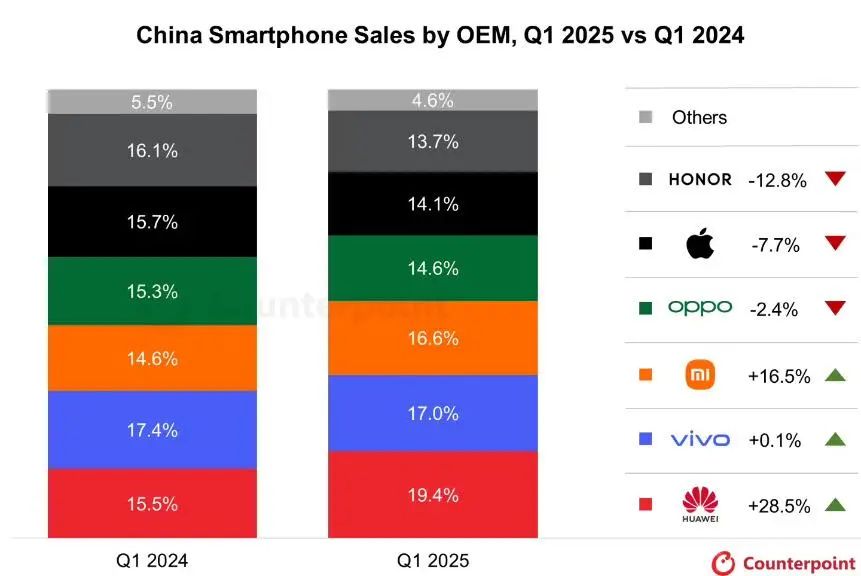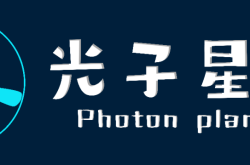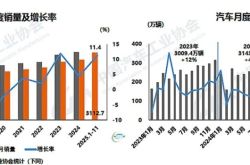Huawei Establishes Independence from Domestic Android Games
![]() 07/14 2025
07/14 2025
![]() 459
459
Source: ByteSource
Huawei's HarmonyOS games are set to showcase their prowess at ChinaJoy.
On July 8, Huawei officially announced the debut of its HarmonyOS game ecosystem at ChinaJoy, featuring over 50 native games and support from numerous top-tier companies. From "Honor of Kings" to "Plants vs. Zombies 3," the leading games' HarmonyOS versions will make their collective entrance, marking Huawei's full separation from Android dependence and its stride towards becoming the "third pole" in the game ecosystem.

Image source: Huawei Game Center
As of March this year, HarmonyOS devices have surpassed 1 billion, with 6.75 million registered developers. Huawei Game Center has launched the "Premium Rewards Program," investing billions of resources to incentivize developers. Over 1,000 games from more than 400 partners have received over 900 million yuan in support.
However, behind the celebration, tensions have long been brewing. Tencent briefly had a spat with Huawei over revenue sharing, while small and medium-sized developers are deterred by the costs of adaptation. Can Huawei's "support mechanism" convince them? More crucially, will players be willing to pay for HarmonyOS versions of games?
01
HarmonyOS's "Third Pole" Ambition
The dominance of Android and iOS has finally met a genuine contender.
HarmonyOS games, entirely independent of the Android ecosystem, will make their ChinaJoy debut, a strategic "flexing of muscles."
3,700 HarmonyOS games are listed on the Huawei AppGallery, with leading titles like Tencent's "Honor of Kings" having completed adaptation. Beyond these numbers lies Huawei's broader ambition—to redefine the underlying rules of the mobile ecosystem. The "Hardcore Alliance" of the Android camp relies on hardware pre-installation and traffic distribution, whereas Huawei's pure-blooded HarmonyOS (HarmonyOS NEXT) taps directly into system-level optimization, aiming to disrupt traditional channels with technological superiority.

Image source: Huawei Game Center
As a nascent ecosystem, Huawei has introduced "support" measures to attract developers. Technically, it offers the DevEco Studio AI-assisted development tool to shorten the development cycle, utilizes the distributed development framework for "one-time development, multi-end deployment," reducing costs. Through performance optimization tools like PGS 2.0, it enhances game graphics quality and frame rate, lessening GPU load. Additionally, 7x24-hour technical support ensures a rapid response to developers' challenges.
In terms of revenue sharing and traffic, a graduated revenue sharing incentive is in place, with quality native applications receiving traffic support, and full revenue sharing refunds for some games in the first year of HarmonyOS NEXT's commercial use. With hundreds of millions of exposures and advertising fund refunds, game promotion effects and commercial returns are significantly enhanced.
An independent game developer admitted, "HarmonyOS's cross-end development tools do simplify the process, but the user base remains uncertain." Small and medium-sized teams face the dilemma of high adaptation costs and long return periods. Whether Huawei's "support mechanism" can break this situation remains to be seen.
In contrast, Tencent's attitude is intriguing. Although the HarmonyOS version of "Honor of Kings" is prominently displayed at the exhibition, Tencent previously temporarily removed games from Huawei's channels due to revenue sharing disputes. The bargaining power of leading manufacturers complicates this ecological game.
From a policy perspective, the dividends of domestic substitution may accelerate the maturity of the HarmonyOS ecosystem. However, with manufacturers like Xiaomi and OPPO still in the Android camp, whether Huawei's "third pole" dream becomes a breakthrough or a lonely battle remains uncertain.
02
Android's "Fragility"
On June 19 last year, Tencent's official website for "Dungeon Fighter Online: Origins" (DNF) announced that due to contract expiration, DNF would no longer be available on some Android platforms' app stores starting June 20.
The next day, on June 21, Huawei announced that HarmonyOS NEXT would commence beta upgrades for developers and pioneer users, introducing innovative experiences such as Full Scene, HarmonyOS native intelligence, and native security. Many HarmonyOS native applications also made their full debut.
HarmonyOS NEXT, also known as "HarmonyOS Star River Edition," does not rely on foreign programming languages and operating system kernels, and is thus entirely detached from the Android operating system. Hence, HarmonyOS NEXT is referred to as pure-blooded HarmonyOS by the industry.
While the timing was mere coincidence, it is evident that Huawei has somehow "seen through" the fragility of the domestic Android camp's logic in the gaming sector.
The domestic Android camp, epitomized by the Hardcore Alliance, relies on the traditional traffic logic of "hardware pre-installation + app store," essentially a short-term strategy of "insufficient hardware profits, software compensation," maintaining an ultra-high revenue share of over 50% in the long run (far exceeding iOS's 15%-30%).
The domestic Android system is essentially a shell customization logic of AOSP, with its underlying architecture dependent on Google, making it impossible to address underlying issues like fragmentation and difficult to establish deep cooperation and support relationships with developers.
In simple terms, the domestic Android camp insists on collecting high "toll fees" without having underlying system control, putting itself and developers in a perpetual adversarial game.
However, users' download habits have shifted towards super apps (TikTok mini-handles, WeChat mini-games) and vertical communities (TapTap ratings, Bilibili reviews). According to QuestMobile data, the overlapping user base between Bilibili and "Honkai: Star Rail" reached 15 million. Bilibili CEO Chen Rui stated during the Q1 2023 earnings call that "Honkai: Star Rail" achieved a download volume of 2.8 million on its first day, setting a new record for the highest download volume in Bilibili's joint operation history.
Indeed, the Hardcore Alliance's traditional traffic logic already shows signs of fatigue. According to the "2019 Hardcore Alliance White Paper," in 2018, the penetration rate of mobile game users of super apps accounted for 48.6%, second only to the Hardcore Alliance.
In contrast, Huawei abandoned the Hardcore Alliance's "one-size-fits-all 50% revenue share." In 2024, "Dominate the World" saw a 31% reduction in revenue share through HarmonyOS channels and a 200% increase in revenue, validating the symbiotic logic of "low revenue share + high traffic."
03
The Allure of the "Huawei Tax"
The biggest strength of iPhones and their various product lines lies in the high degree of adaptability and seamless integration between their self-developed systems and hardware devices. Judging by various signals released by Huawei, it will also adopt this approach in the development and application of pure-blooded HarmonyOS.
According to AppleInsider, in fiscal year 2019, Apple's profits from the gaming business totaled $8.5 billion, $2 billion higher than the combined profits of Microsoft, Sony, Nintendo, and Activision Blizzard.
Huawei's rejection of the Hardcore Alliance model fundamentally stems from recognizing the three fatal flaws of the Android gaming ecosystem: technological constraints due to shelling, unsustainable revenue sharing dependence, and fragmented user experiences. HarmonyOS's choice is not merely a "channel rebellion" but a reconstruction of the value distribution in the gaming industry through autonomous technology—forming a symbiotic closed loop among content developers, users, and device manufacturers, rather than the Android-style "channel exploitation chain."
However, as Tencent's "Honor of Kings" and NetEase's "Justice" are successively launched on the HarmonyOS platform, what truly concerns developers is not technical adaptation but how much of their revenue Huawei will take.
Small teams make more pragmatic choices. One game producer did the math: the adaptation cost of HarmonyOS is 20% higher than that of Android, but Huawei's promised traffic support for the first three months is "too tempting." Nonetheless, there are some shortcomings: the automated testing framework and in-depth performance analysis tools still need improvement.
Furthermore, developers must learn the ArkTS language and HarmonyOS distributed framework, with a transformation period of 3-6 months for those familiar with Java/Objective-C. While the AI assistance function of DevEco Studio 5.0 enhances efficiency, the plugin market only has 120 items, far fewer than VS Code's 2000+ items.
So, the question arises: how can Huawei's HarmonyOS ecosystem stabilize developers with tangible terminal sales, especially in the absence of a presence in overseas markets, particularly Europe and the United States?
According to IDC data, in the first half of 2024, Huawei once again topped the list of smartphone shipments in the Chinese market with a 17.5% market share, with mobile phone shipments increasing by 110% and 50.2% in Q1 and Q2, respectively, leading the industry in growth rate.
This year, according to Counterpoint Research data, Huawei mobile phones ranked first in domestic sales share with 19.4% in Q1 2025, a year-on-year increase of 28.5%, hitting a new high since 2021.

Image source: Counterpoint Research
However, according to Canalys statistics, Xiaomi shipped 13.3 million units in this quarter, a year-on-year increase of 40%, returning to the top spot for the first time in a decade with a 19% market share, driven by state subsidies and its strategy of integrating cars, homes, and people.
While Huawei and Xiaomi hold different views, it is evident that Huawei's leading position is not secure. In the domestic mobile phone market, which has long entered the stock stage, Huawei still needs to take additional measures to solidify its lead.
Some images are sourced from the internet. Please inform us for deletion if there is any infringement.





